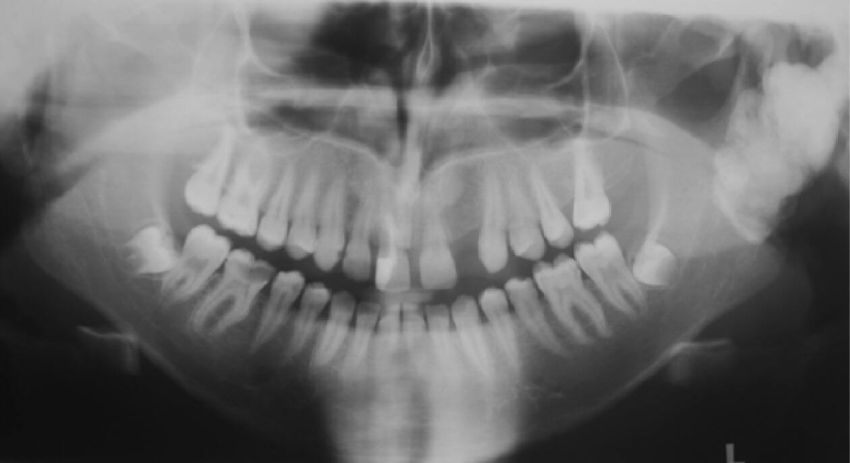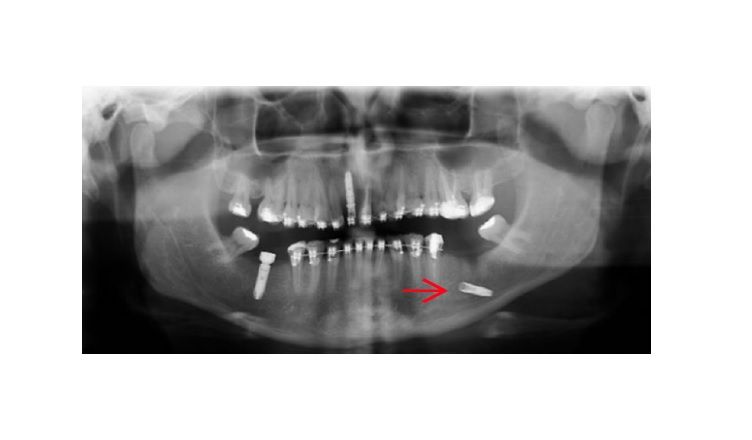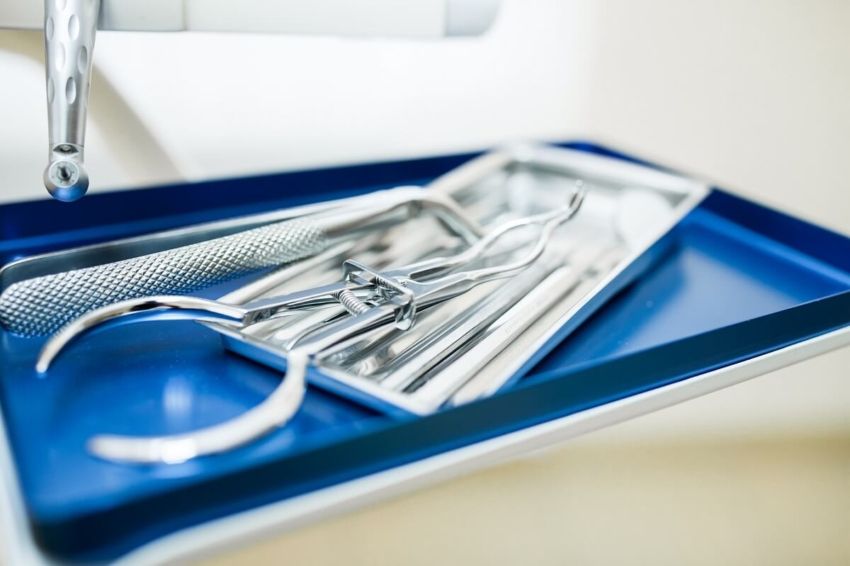Overtime is nothing healthy – experts raise alarm about premature deaths
The number of premature deaths from coronary heart disease and stroke linked to working too many hours has increased significantly worldwide over the past decade or so, experts from the International Labor Organization (ILO) and the World Health Organization (WHO) are warning. And Poles are among those who work the longest in Europe.
According to OECD (Organization for Economic Cooperation and Development) data, Poles are among the busiest nations among developed countries. Np. in 2019. The statistical Polish worker spent an average of 1806 hours at work, while for example. Norwegian worked an average of 1,384 hours, a Dane 1,380, and a German 1,386 (which is more than 400 hours less).
At the same time, it is worth recalling that among the most important causes of premature deaths in Poland, cardiovascular diseases have long been leading the way, to the development of which – as confirmed by the results of recent studies – may contribute significantly m.In. too intensive work. – Our study indicated that working 55 or more hours per week is associated with a 35% increased risk of stroke and a 17% increased risk of death from ischemic heart disease, compared to working 35-40 hours per week – reads the report of a joint WHO and ILO study, which is based on an analysis of data from 2000-2016 from around the world.
745 thousand. premature deaths
According to the WHO / ILO analysis, excessively long working hours contributed to a total of more than 745,000. premature deaths from stroke and ischemic heart disease in 2016., which is an increase of nearly 30% compared to 2000 (the increase in deaths from coronary heart disease was 42%, and from strokes 19%).
The authors of the analysis stress that the tragic consequences of working for more than 55 hours a week for long periods of time primarily affect men, who account for 72% of deaths from the causes mentioned above.
Interestingly, the study also shows that deaths caused by overwork are often severely delayed. – Most of the deaths were reported among people aged 60-79 who worked more than 55 hours or more per week between the ages of 45 and 74 – reads the WHO website.
Premature deaths, however, are, of course, not the only consequence of working 55 hours or more per week for long periods of time (which, according to this study, now affects 9% of the global population). Experts point out that regular overwork is responsible for a total of 1/3 of all work-related illnesses and health problems, including m.In. disability.
Attending physician and patient caregiver – these are new positions that are increasingly common in dental practices in Poland. What do the people in these positions do? Who they are? Mariusz Oboda, dental practice development trainer, responds in an interview with Dentonet.



